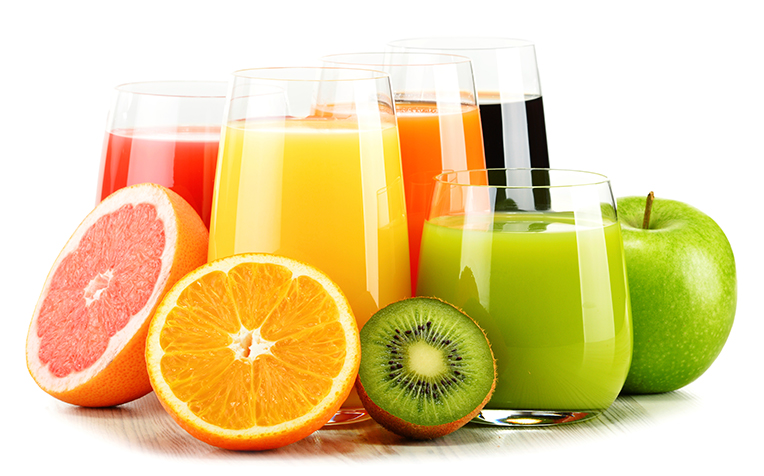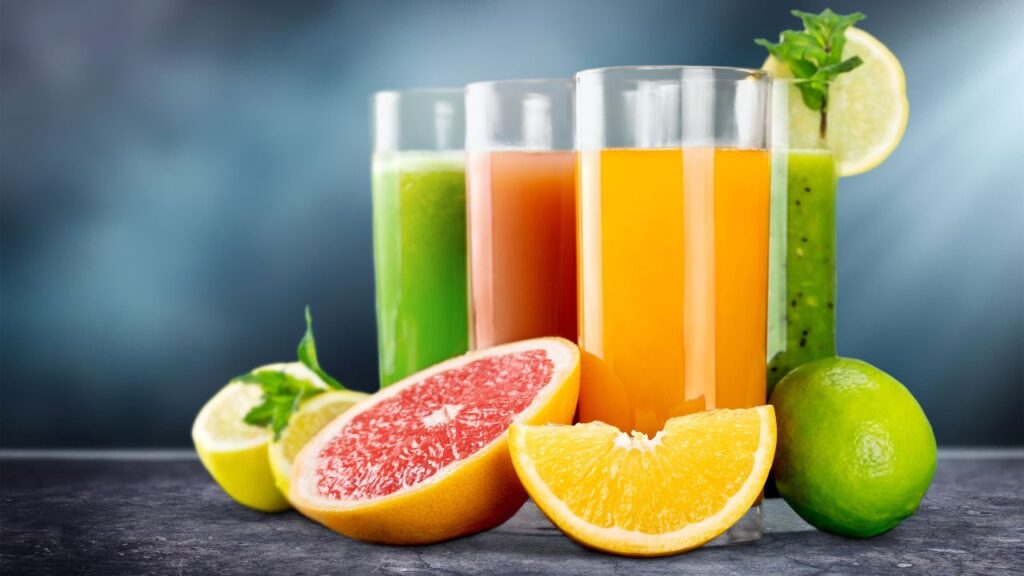You can enjoy a glass of your favourite juice, while fulfilling your daily nutritional requirements of fruits and vegetables, for just a few dollars. Seems to be win-win from a health standpoint, but is it?
“Fresh juices contain vitamins, minerals and plant chemicals (phytonutrients) that are good for you, but the quantities are likely to be lower as compared to whole fruits and vegetables. Whole fruits and vegetables also have a much higher fibre content, which makes them a healthier choice,” says Ms Alyssa Chan, Dietitian, SingHealth Polyclinics (SHP), a member of the SingHealth group.
Whole fruits and vegetables are an excellent source of fibre ,which is lost when the skin and pulp are discarded during the juicing process. Some vitamins, minerals and phytonutrients are also lost for this reason.
Fibre, which is a key element in digestive health, can help prevent a variety of health conditions such as constipation, heart disease, rheumatoid arthritis, diabetes, irritable bowel syndrome and colon cancer. There are two types of fibre – soluble and insoluble. Fruits and vegetables are a good source of soluble fibre.
4 Benefits of fresh juice
Convenient way to consume fruits and vegetables alone, or in combination.
Tasty way to enjoy fruits and vegetables that you would otherwise not have.
You are likely to consume larger quantities of fruits and vegetables in juice form than in whole form, which can help meet your daily nutritional needs for these foods.
Drinking juice is easy on the gut.

4 Disadvantages of drinking fresh juice
Not as filling as whole foods because of the lack of fibre.
Fruit juice can be high in sugar calories.
Fresh juice that is not consumed immediately can develop bacteria and cause food poisoning.
Juicing requires a high level of hygiene. Bacteria can easily grow in an unclean juicer and cause food poisoning.
“Bacteria and other pathogens can also grow in fresh juice that is left to stand for a few hours. These can harm your health,” says Ms Chan.

What is the recommended daily intake of fresh juice for adults and children?
The American Academy of Pediatrics (AAP) recommends that children below the age of six consume about 120-180ml of 100 per cent juice per day, and those aged seven to 18 years, about 240-360ml of juice each day.
“If children drink more than the recommended servings of juice, it may affect their consumption of milk, which they need for building bones. It can also cause an excess in sugar calories, which can lead to obesity,” says Ms Chan.
For adults, 250ml of juice, whether pure fruit, pure vegetable or mixed, is the recommended quantity per day. Consuming more than this can cause an imbalance in nutrients, which can lead to health conditions such as obesity and diabetes. Fresh juice should always be consumed as part of a balanced diet that includes protein, good fats, fibre-rich vegetables and fruits, carbohydrates and low-fat dairy products.
No responses yet